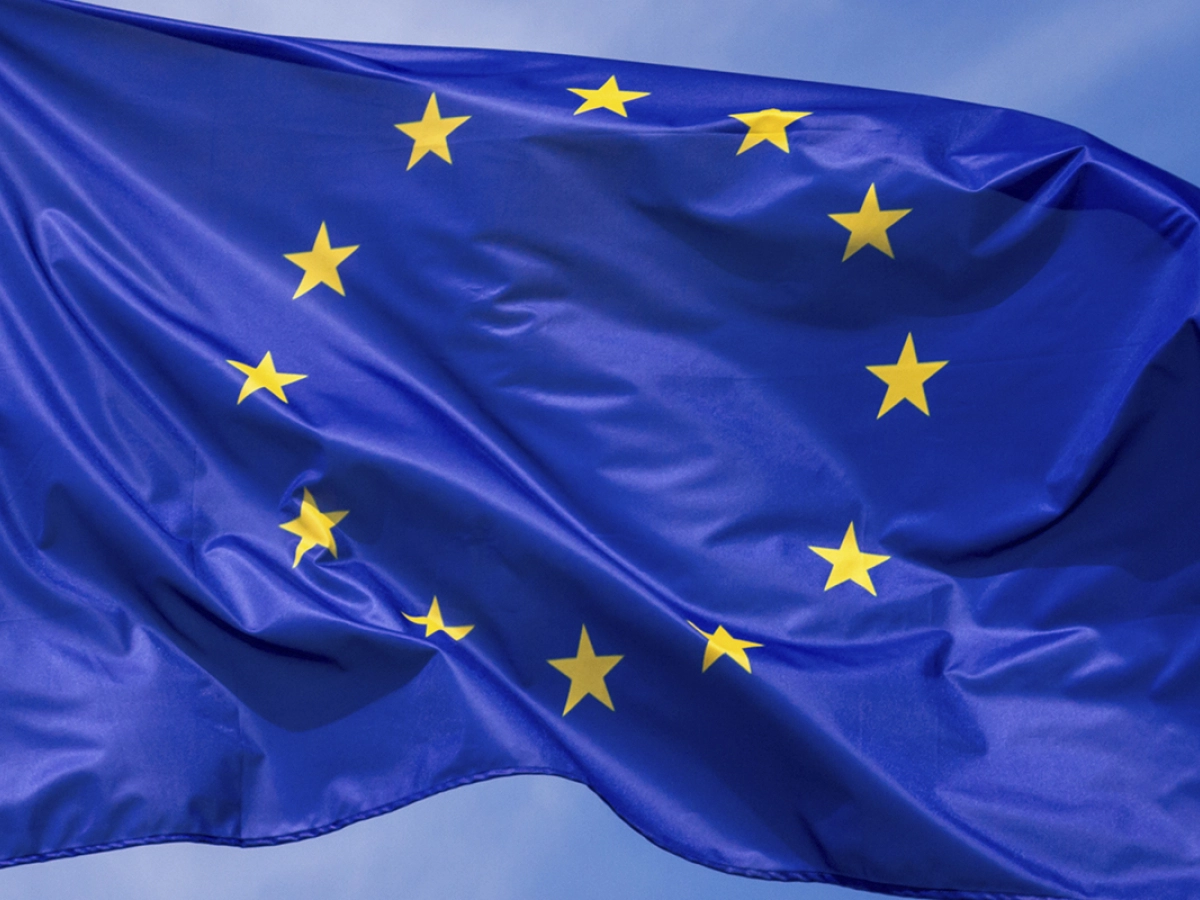
Over 40 crypto companies have addressed the EU not to implement draconian crypto regulations that attempt to bend down decentralized platforms that offer financial services
Reuters reported that on April 13, more than 40 cryptocurrency companies sent a letter to 27 European Union finance ministers demanding that regulations not exceed those already enforced by FATF; it’s about preventing money laundering.
The letter was organized by the head of CoinShares, Jean-Marie Mognetti, and the CSO of DeFi Technologies, Diana Biggs.
Mognetti told Reuters that EU rules for regulating digital assets are harder than in other countries, and this prevents crypto businesses from expanding in Europe.
EU rushes to bring crypto industry to heel
The European Union, like other jurisdictions around the world, intends to put in place tough regulations for the cryptocurrency space, which has recently been growing and expanding at a high rate. .
At the moment, the EU has left the U.K. and the U.S. behind in the development of regulations for the crypto industry with a $2.1 trillion turnover.
In March, European Union lawmakers passed new rules that would allow transactions involving Bitcoin and other digital currencies to be traced. These rules, if implemented, would require crypto exchanges and other businesses in this space to collect and maintain information regarding participants in crypto transactions, as well as their personal data.
Crypto industry rises against regulation tightening
After the April vote, 46 crypto leaders and businesses from the EU signed a letter stating that the proposed regulations will impose risks on each owner of cryptocurrencies since all details of transactions and addresses of wallets would be disclosed and open to the public. The letter stated that, in this case, the privacy and safety of cryptocurrency owners will be compromised.
The aforementioned letter from the crypto space also asks to free DeFi platforms from registration as legal entities under the MiCA regulatory framework, the draft of which was approved by the European Parliament last month.
Crypto leaders and businesses have also asked in the document that certain stablecoins must not be included into MiCA.


















